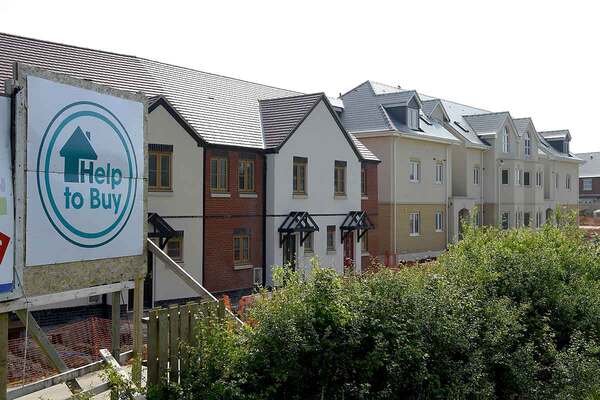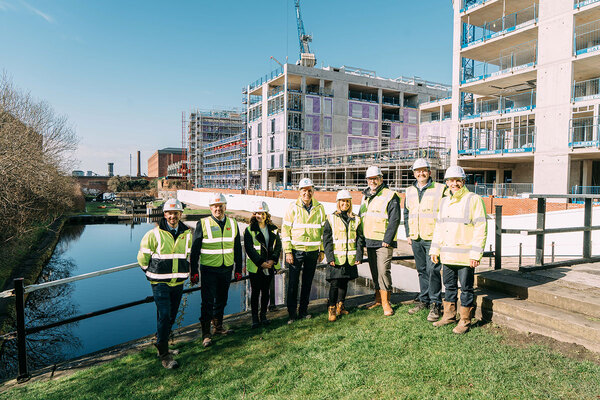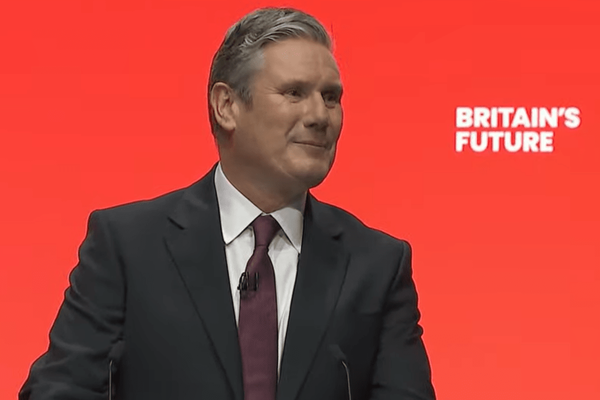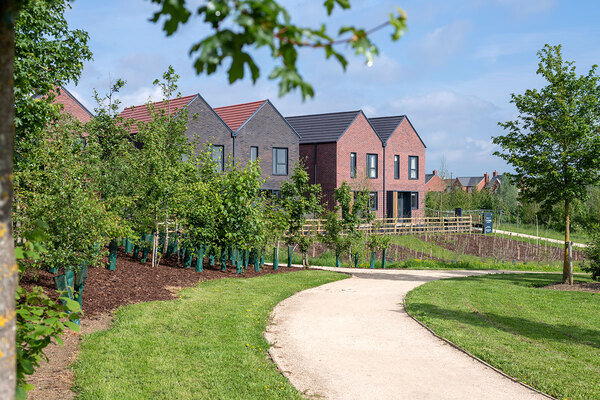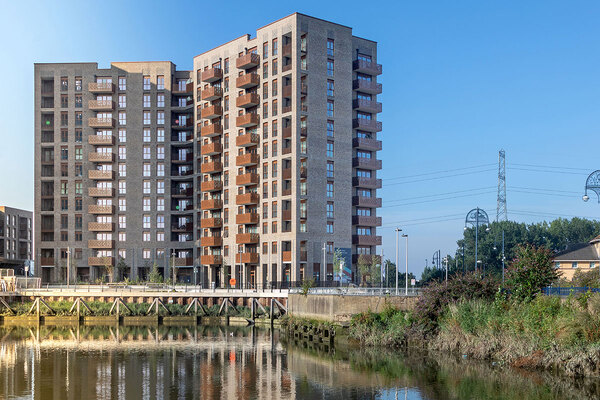You are viewing 1 of your 1 free articles
Delivering 1.5 million homes will be ‘more difficult than we expected’, Pennycook says
Delivering the government’s target of 1.5 million homes this parliament will be more difficult than the Labour Party expected in opposition, the housing minister has admitted.

Matthew Pennycook told the Housing, Communities and Local Government Committee earlier today that the 1.5 million homes target is an “incredibly stretching target” but said he is “convinced it is deliverable” and “essential”.
The committee was questioning Mr Pennycook on Wednesday on how the government is planning to hit its housing target.
He said: “I should be clear at the outset, chair, delivering 1.5 million homes is going to be more difficult than we expected in opposition.
“We knew that if we won the election we’d be grappling with a difficult inheritance in respect of housebuilding, as a result of the December 2023 changes to the National Planning Policy Framework, which exacerbated a fall in housing supply that had already been triggered by the present market downturn.
“But on assuming office, we discovered that the situation was even more acute than we expected.”
He referred to the Office for Budget Responsibility’s forecast that total supply will drop below 200,000 this year, and that the number of homes delivered through the Affordable Homes Programme is now estimated to be between 110,000 and 130,000, down from the ambition of 180,000.
“So the fact that supply is so constrained at present makes achieving an increase of supply of [1.5 million] homes over the parliament even more challenging, but we are absolutely confident it can be achieved.
“It will require the full five years, it is vulnerable to things that are outside the government’s control. For example, economic shocks, if they were to arise of course that would have an impact, but we are, we believe, on course to achieve it.”
He said steps taken to deliver the target include “bold planning reform”, a renewed focus on accelerating the delivery of large consented sites across the country with the new homes accelerator, and establishing a new towns taskforce.
When pressed by MPs, Mr Pennycook refused to give a yearly target of homes. He said: “We deliberately didn’t pick an annual target because we knew that we were going to inherit a very constrained supply and in particular, what amounts to essentially a collapse in affordable housing supply.”
Mr Pennycook added that the trajectory is an “upward one” with “large amounts of housing delivery in the later years of the parliament”.
“That’s why it’s important to bear in mind that it’s a whole-parliament target of 1.5 rather than an annual target of 300,000 a year. We’re in a trough and we’ve got to pull ourselves out of that trough – that will take time.”
Asked how the government will measure progress without interim targets, he said the government will report progress on a number of different metrics such as the number of planning permissions coming through the system and temporary accommodation levels.
Mr Pennycook also declined to put a number on how many social homes the government aims to deliver.
The Labour manifesto promised to prioritise and protect new social rented homes. The government later pledged to deliver “the biggest boost in affordable and social housing for a generation”.
Mr Pennycook said it is “not as simple as taking a proportion” of total supply. “That is because as the committee will know approximately half of all social and affordable housing at present is delivered through developer contributions through the existing Section 106 route.
“We know that will increase as we push supply up more generally through the planning reform actions we’ve taken and we’ve also committed to strengthening the developer contribution process to try to get more social housing through.”
He said that is a “fairly predictable process”. However, he added that the rest is delivered through government grant and “we won’t know until the Spending Review settlement precisely how [many] social and affordable homes will come through that”.
Mr Pennycook was also pressed on social landlords’ reports that the five-year rent settlement announced in the Budget will not be enough to deliver the social housing needed.
He said the government has “tried to strike the right balance” as higher rents would impact tenants’ bills and welfare spending.
The minister did confirm that the government would be making an announcement shortly on leasehold reform. He did not give a date but said it would not be “months” and that the government aims to end the leasehold system by the end of this parliament.
Sign up for our development and finance newsletter
Already have an account? Click here to manage your newsletters
